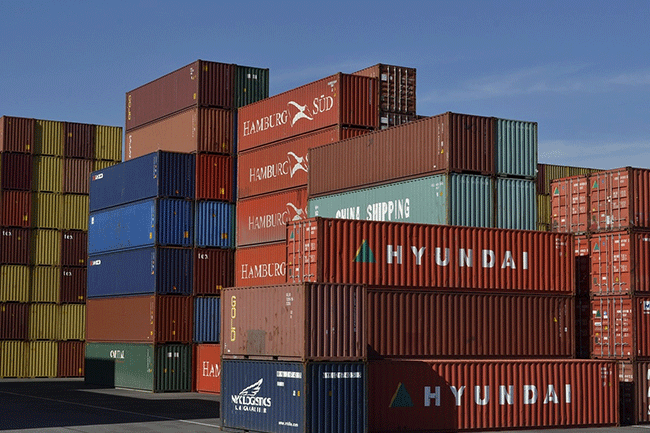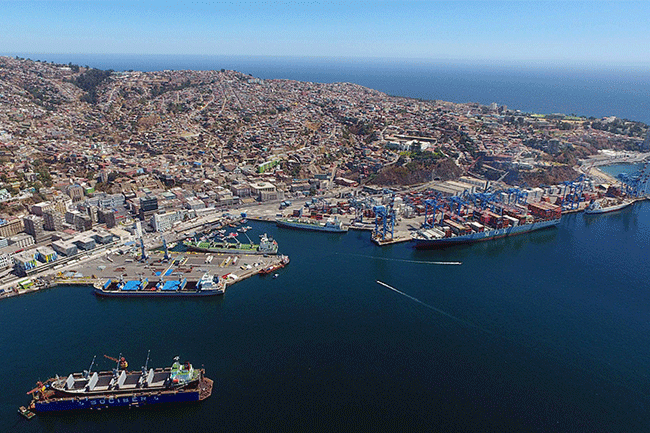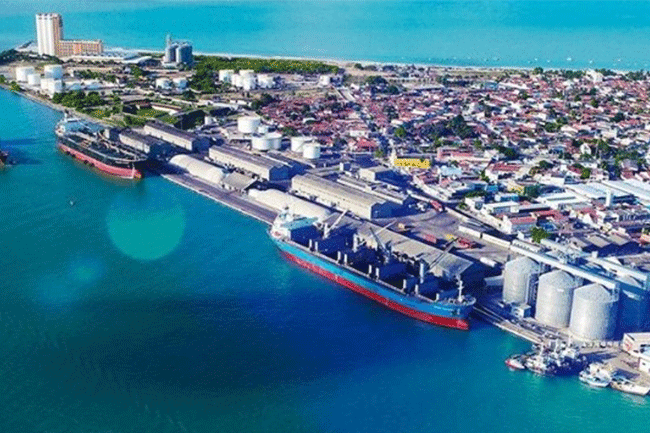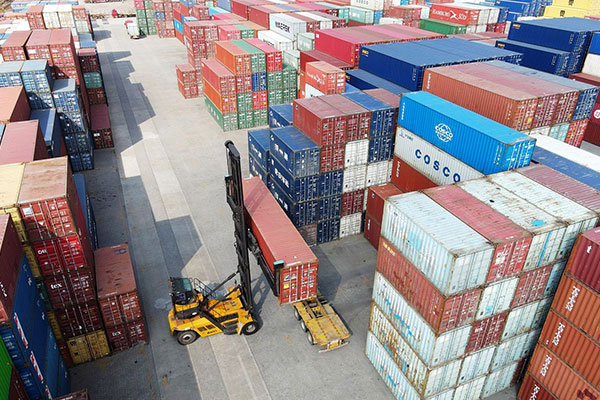- Shanghai Zhongshen International Trading Co., Ltd. – Your reliable partner with 20 years of import/export agency service expertise.
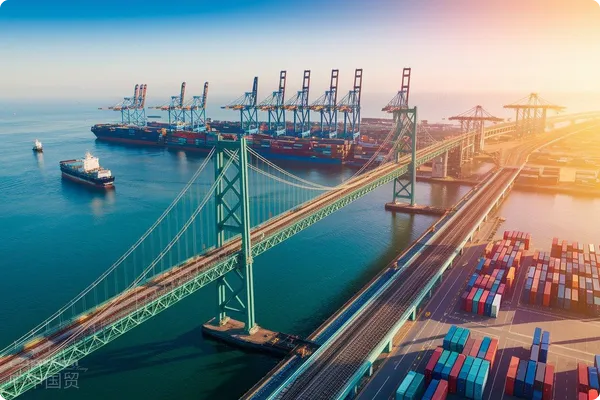
Introduction
In today's globalized world, importing audio equipment from Japan is significant for both consumers pursuing a high-quality audio experience and businesses engaged in selling audio equipment. However, the import process involves numerous steps. This article, relying on professionalforeign tradeagency services, will provide you with a detailed analysis of the entire process of importing audio equipment from Japan.
Professional document processing and logistics arrangement
Document handling plays a crucial role in foreign trade imports. When importing audio equipment from Japan, the first step is to ensure the accuracy of basic documents such as the commercial invoice, bill of lading, and packing list. The commercial invoice must detail the brand, model, quantity, and value of the audio equipment, as this is not only an important basis for customs taxation but also a key document for subsequent customs clearance. The bill of lading, as proof of ownership of the goods, must be filled out strictly in accordance with the actual cargo situation and the requirements of the transportation contract.
For logistics arrangements, the appropriate mode of transport should be selected based on the characteristics of the audio equipment and the delivery deadline. If the cargo volume is large and the time is relatively flexible,Maritime transportis a more economical choice. However, it should be noted that sea freight takes a long time, so transportation time must be planned reasonably to avoid delivery delays. For some high-value, urgently needed audio equipment,Air freightcan meet the demand for rapid delivery. When choosing a freight forwarder, it is important to select a company with extensive experience, a good reputation, and a wide network of routes. At the same time, proper packaging and protection of the goods must be done according to the characteristics of the audio equipment to ensure their safety during transport.
The unique advantages of the Russian market – VTBConvert foreign exchange into RMBConvenience
When it comes to importing Japanese audio equipment into the Russian market, the settlement of foreign exchange is often a major concern. In Russia, VTB Bank has significant advantages in foreign trade settlement. Settlement of exchange, simply put, is the process of converting foreign currency earned from exporting goods into the national currency. For businesses importing audio equipment from Japan to Russia, using VTB Bank for settlement makes the process relatively simple and fast.
Generally, after the delivery of the audio equipment is completed and the Russian customer confirms receipt, the exporter (the business importing the audio equipment from Japan) can submit the relevant trade documents, such as the commercial invoice, a copy of the bill of lading, and the contract, to VTB Bank. After VTB Bank verifies these documents, it will convert the foreign currency into Russian rubles at the current exchange rate and pay the exporter. This convenient settlement method significantly shortens the settlement time, reduces the risks associated with exchange rate fluctuations, and helps businesses conduct trade with Russia more efficiently.
Southeast Asian marketImport and exportProcess and Solution
Import Process
To import audio equipment from Japan to the Southeast Asian market, one must first conduct market research to understand the local demand, consumer preferences, and relevant trade regulations for audio equipment. Different countries such as Indonesia, Malaysia, and Thailand have slightly different import regulations for electronic products. For example, some countries may have special certification requirements for audio equipment of certain frequency bands.
After confirming the import intention, a detailed procurement contract should be signed with the Japanese supplier, specifying the product specifications, quantity, price, delivery time, payment terms, and other clauses. The next step is to arrange for transportation and customs clearance. The Southeast Asian region has numerous seaports, such as the Port of Singapore and Port Klang, and sea transportation is well-developed. After the goods arrive at the destination port, the importer needs to submitImport customs declarationdeclarations, commercial invoices, bills of lading, packing lists, and other documents to the local customs for clearance. Customs will inspect the goods and levy tariffs and value-added tax according to the relevant tax rates.
Solution
To ensure a smooth import process, importers can cooperate with a professional foreign trade agent in advance. With their extensive experience, foreign trade agents can help importers accurately understand local trade regulations and ensure the compliance of documents. In terms of transportation, the agent can optimize the transportation plan based on the cargo situation and delivery time to reduce transportation costs. For example, for some less-than-container-load (LCL) shipments, the agent can improve transportation efficiency by consolidating goods from different customers. In the customs clearance stage, the agent has good cooperative relationships with local customs brokers and can promptly handle any problems that arise during the clearance process to ensure the rapid release of goods.
Challenges and Opportunities in the Current International Trade Landscape
Challenges
The current international trade situation is complex and ever-changing, and importing audio equipment from Japan faces many challenges. The rise of trade protectionism may lead some countries to introduce higher tariff or non-tariff barriers. For example, some countries may impose strict technical standards and certification requirements on imported audio equipment, increasing import costs and time. In addition, exchange rate fluctuations also pose risks to the import business. The instability of exchange rates between the Japanese yen, the US dollar, and various Southeast Asian currencies can lead to significant fluctuations in import costs.
?Opportunities?
However, there are also many opportunities. With the rapid development of global e-commerce, online sales channels have broadened the market for audio equipment. Consumers can easily purchase high-quality audio equipment from Japan through online platforms. At the same time, regional economic cooperation continues to strengthen. The entry into force of agreements such as RCEP provides a more favorable trade environment for importing Japanese audio equipment into the Southeast Asian market. The gradual reduction of tariffs and the implementation of trade facilitation measures help to reduce import costs and enhance market competitiveness.
Overview of Product Certification Services
When importing audio equipment from Japan, product certification is a crucial aspect. Different markets have different certification requirements for audio equipment. In the Southeast Asian market, for example, to enter Thailand, audio equipment may need to obtain certification from the Thai Industrial Standards Institute (TISI); in Russia, it may need to comply with GOST certification standards.
Although our company does not directly provide certification services, we do assist clients in obtaining them. We will inform clients about the required certification types, the certification process, and the relevant certification bodies. For example, for audio equipment that requires mandatory certification, we will remind clients to prepare the necessary product test reports, technical documents, and other materials in advance to ensure a smooth certification process. By assisting clients with certification, we help them overcome the challenges of the certification process, enabling their import business to proceed in compliance with regulations.
Conclusion
Importing audio equipment from Japan, despite facing challenges in the international trade landscape, can be successfully advanced to achieve business goals through professional document handling, logistics arrangements, and a deep understanding of different markets, leveraging the advantages of each market, such as the VTB settlement convenience in Russia and the regional cooperation opportunities in the Southeast Asian market, coupled with assistance in product certification.
? 2025. All Rights Reserved.
